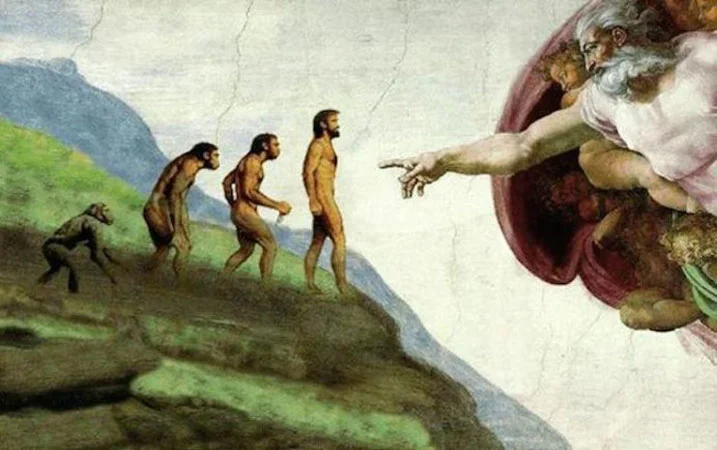Last May, I had the great privilege – and heartbreak – of serving as a delegate to the United Methodist Church’s General Conference. General Conference is the quadrennial event at which United Methodists from all over the world gather to set the rules for the church. As has been the case for the past half a century, we engaged in our usual mindless bloodbath on the full inclusion of LGBTQ people in the life of our church. What was not usual, was that – because it felt to many of us as though there was no solution but schism – the Bishops created a task force charged with drawing up a proposal to bring an end to this debate.
This group, called the “Commission on a Way Forward” – made up of people from a broad diversity of theological backgrounds and on all sides of this issue – has been actively meeting to discern how we might resolve this seemingly intransigent struggle for our denomination. During the time they are meeting, every Annual Conference (the area supervised by a Bishop) throughout the church has been asked to take a week to pray for the Commission’s work. This coming week, July 23-29, it is the responsibility of the Baltimore-Washington Annual Conference (News and Views - Praying Our Way Forward).
The process of praying for someone or something (a group of people, an event, etc.) is traditionally called “intercessory prayer.” As a theological idea, it presents some challenges: If God is all-powerful and all-knowing, is God going to be influenced by my petitions? Should God be influenced by my petitions? Is God subject to nagging? Doesn’t this whole process risk turning God into some sort of giant Santa Claus in the sky? These are important and valid questions.
For centuries, however, our tradition has continued to affirm the importance of this practice, and it does so, for several reasons:
1. On an obvious level, prayer for someone or something else changes me. When I hold something or someone in prayer, my attitude towards that thing, event, or person changes. I become less angry, less judgmental, less attached to my desire for a particular outcome. The process of praying allows me to be a more constructive participant in the situation for which I pray.
2. While my prayer does not change God’s mind, my prayer may open up places for God to move that were not there before. Stay with me on this for a minute... While God may be able to do anything God wants, God chooses to be self-limiting. God does not force God’s own agenda on us. When we invite God to come in and transform our lives, we open up space for God to move that was not there before – space that we had blocked off. Similarly, when we hold another person or situation in prayer, we open up new space for God to move and transform. We create new opportunities for God’s resurrection power to bring about new life.
3. The process of holding someone or something in prayer is not about “persuading” God of something, but is a tool - and, most importantly, an invitation - for us to align ourselves with the Divine will. It is about acknowledging that God is God, and that God’s will is what needs to be done in every situation, and that I want to be part of that process with God.
Our wonderful United Methodist denomination is at an impasse. There are those of us who are not willing to obey church law that excludes our LGBTQ brothers and sisters from full participation in the life of the church (specifically regarding marriage and ordination). There are others who are absolutely convinced that current church law is correct in its condemnation of homosexuality. I don’t know how we move forward together given that deadlock.
But I also believe that God opens up ways forward where we cannot see any ways. I believe that the vistas of possibility in God’s eyes are beyond our imagining. And I believe that the process of intercessory prayer helps to open up those vistas to our eyes.
I am an activist by nature, and I have a certain cynicism when I am asked to pray for something and not do anything (I am most comfortable when those two are yoked). But at this point, there is no work left to do. The Commission has all of the information it will have – gathered and developed over fifty years – and we can’t add to that material. If I thought there was anything I could actively do (or say, or write) that would influence them, I would. But at this point, prayer is the work. So I want to invite (ask? plead?) you all to take time this week to hold the Commission on a Way Forward in your prayers. If you want specific words, there is a beautiful prayer in the link above.
I trust – and, more importantly, I pray – that the Holy Spirit can move and open up a way forward currently unseen by our eyes.









